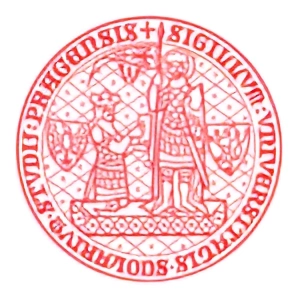Czechia will soon experience peak summer temperatures. Just how warm? We asked the staff at ÚJOP UK, a department of Charles University specializing in teaching Czech to foreigners, to share words and expressions related to varying degrees of hot weather. If you want to express extreme temperatures in Czech, the words below range in degree from sweaty to sizzling.
warm and warmer
- It's going to be horko, vedro, pařák, hic. All of these are synonyms of the word teplo (warm), which, according to the Dictionary of Standard Czech, expresses a state between cold and hot.
- Even more intense heat deserves a stronger expression: when it's strašné horko (terribly hot) outside, or even horko jako v peci (hot as in an oven) it's time for shorts and air conditioning!
- In Czech, however, you will often hear that it is děsné vedro (terribly hot) outside or vedro jako v pekle (hot as in hell).
fun facts
The word horko comes from the Indo-European root gher-, as do the verbs hořet or hřát, and is therefore related to fire and the heat it provides. Vedro also has an Indo-European origin, meaning to blow, to smolder, from which words such as English weather or German wetter have been derived. Some etymologists, however, attribute the Czech word vedro to a Proto-Slavic origin with the old meaning of drying with heat or withering.
When Czechia gets tropical
- Intense summer weather in Czechis is often compared to výheň (a forge), described as příšerná výheň (a terrible fire), or likened to another climate altogether: úplné tropy (the whole tropics).
- As weather intensity increases around the world sometimes we get weather that's šílené parno or pařák (steamy). This is when the humidity outside creates the feel of being in a laundry room. Parno is related to the word pára (steam), as is parník (a steamship).
German speakers who are too drained from the heat to learn new vocabulary will be happy to know that all Czechs understand hic, a short word of German origin derived from the German word Hitze (hot). There's even a song to help you remember the word and forget the heat! Když je v Praze abnormální hic (When it's abnormally hot in Prague) by Ivan Mládek Banjo Band tells us to head to the pool, pond, or lake.
Do you want to speak Czech like a native this summer? Check out the July and August Summer Camps of ÚJOP, Charles University.












 Reading time: 2 minutes
Reading time: 2 minutes 



















